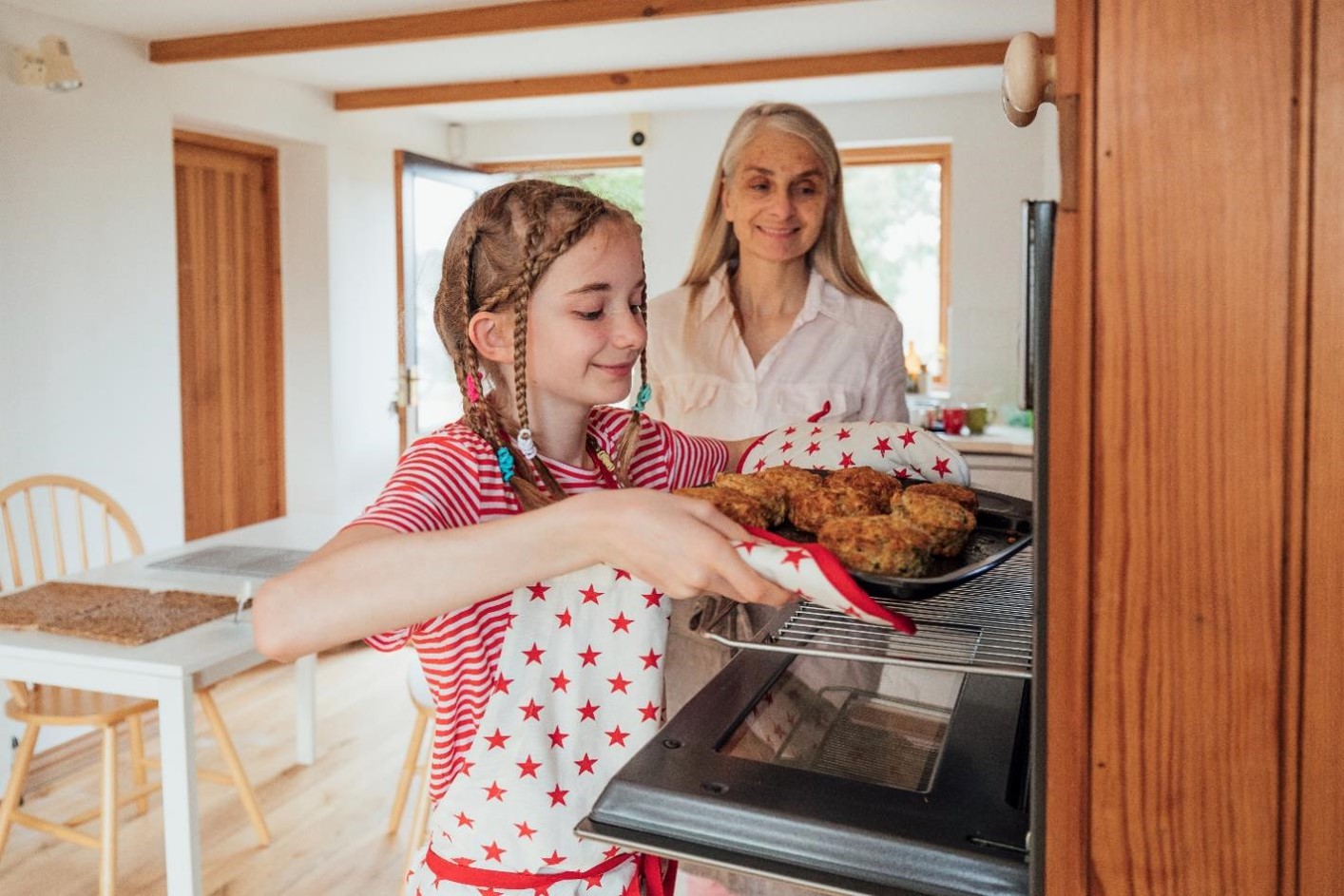How to save electricity and make the planet healthier


From charging devices to washing clothes, almost everything we do uses electricity. However, careless consumption can lead to huge bills and a negative impact on the environment. But what can we do to avoid this?
Energy consumption from human activity is the world’s number one emitter of greenhouse gases. According to the European Environment Agency, two-thirds of such consumption comes from burning fossil fuels. However, a rise in the use of renewable energies to cover our needs is proof that a more sustainable future is possible. In Norway, 98% of the energy supplied to the electricity grid comes from renewable sources like water.

Small-but-mighty actions to reduce electricity consumption
The signing of the Paris Agreement in 2015 was a key historic event in the fight against climate change. It set out measures to respond to the climate emergency and targets like net-zero emissions by 2050. According to the United Nations, we need to cut emissions by 45% to halt global warming by 2030.
We must all take responsibility to limit our electricity consumption at home. We can have a positive impact on our household spending and the planet by:

- buying energy efficient electric appliances: In countries like Chile and Spain, efficient, low-consumption appliances carry a green “A+++” label. We must also use our appliances appropriately; only using the dishwasher when it’s full and ironing clothes just once.
- turning off lights: Turn them off when you’re not in a room or if there’s natural light. Use LED bulbs to achieve optimum lighting at a lower cost.
- unplugging devices you’re not using: The so-called “standby power” makes up a significant portion of your monthly bill.
- making use of the heat from cooking: Using pan lids helps contain a lot of the heat you need when cooking, which, for instance, can reduce the time it takes for water to boil. We also recommend using the residual heat from your stove or oven to let food finish cooking itself.
- keeping your home at a constant temperature: In winter, around 20ºC, and 24ºC to 26ºC in summer. A programmable thermostat can help achieve the perfect setting.
- maintaining boilers and radiators: Regular check-ups and proper maintenance guard against potential damage and accidents caused by inefficient combustion. Also, keep radiators clean and avoid heat loss by keeping them free of clothes and other items.







